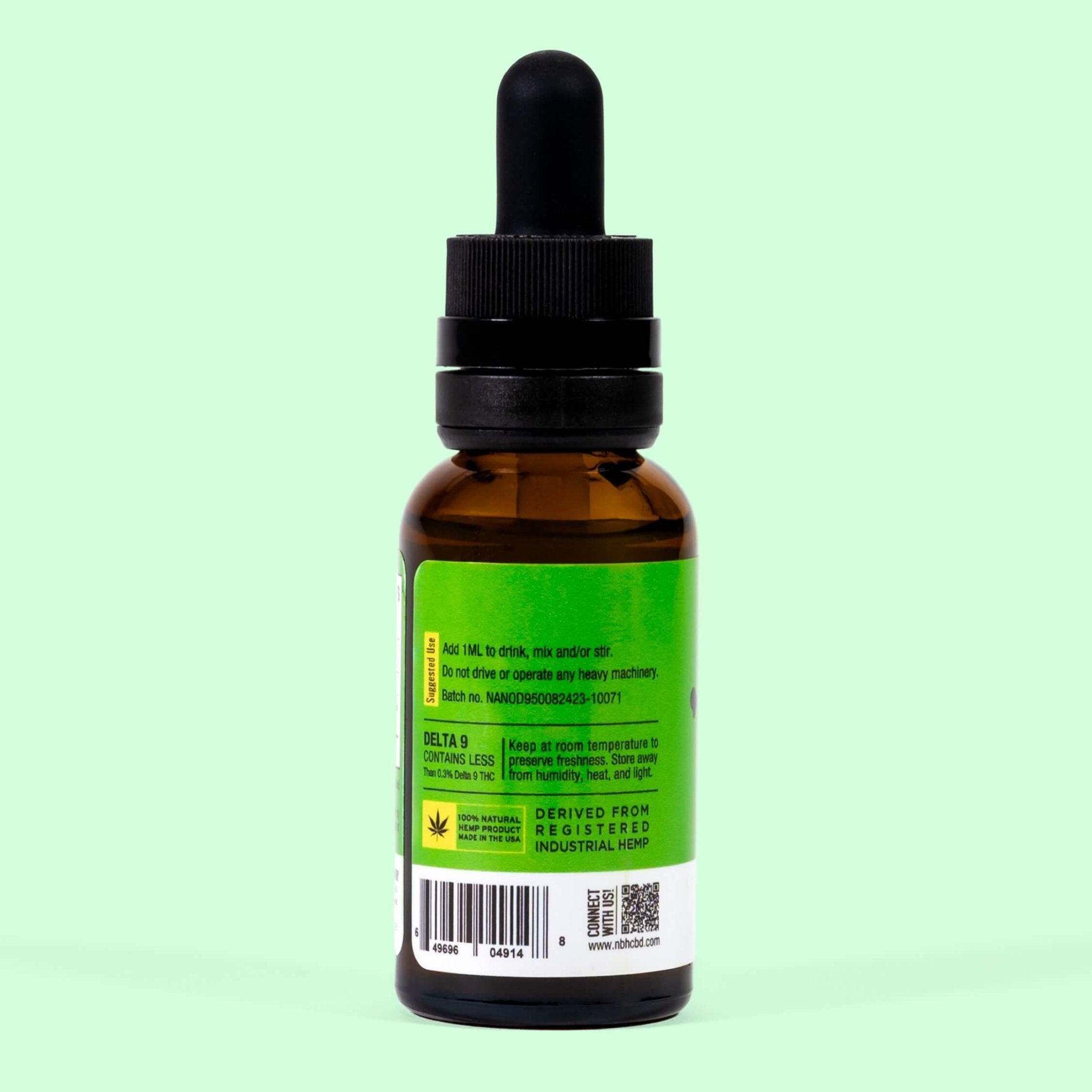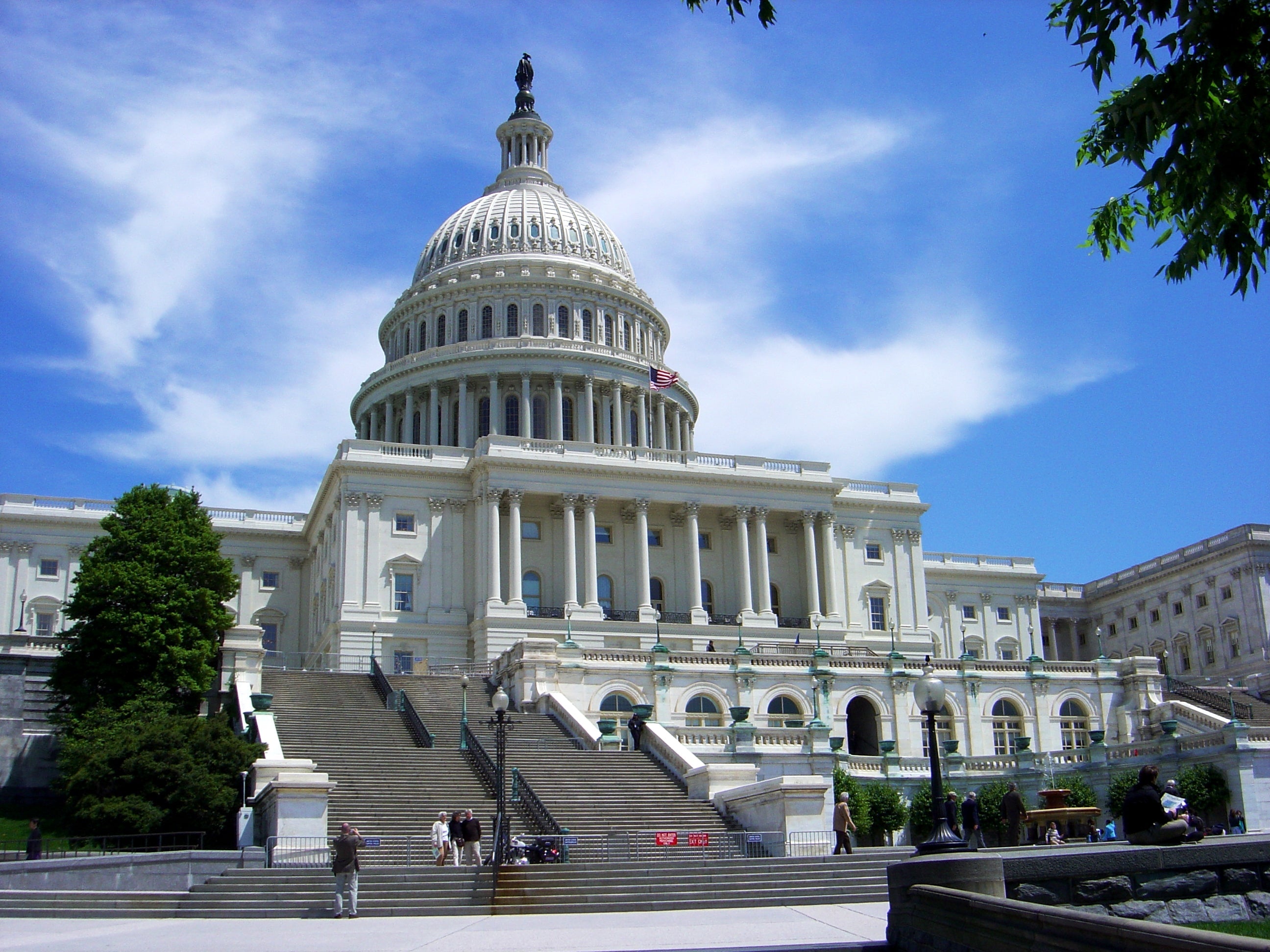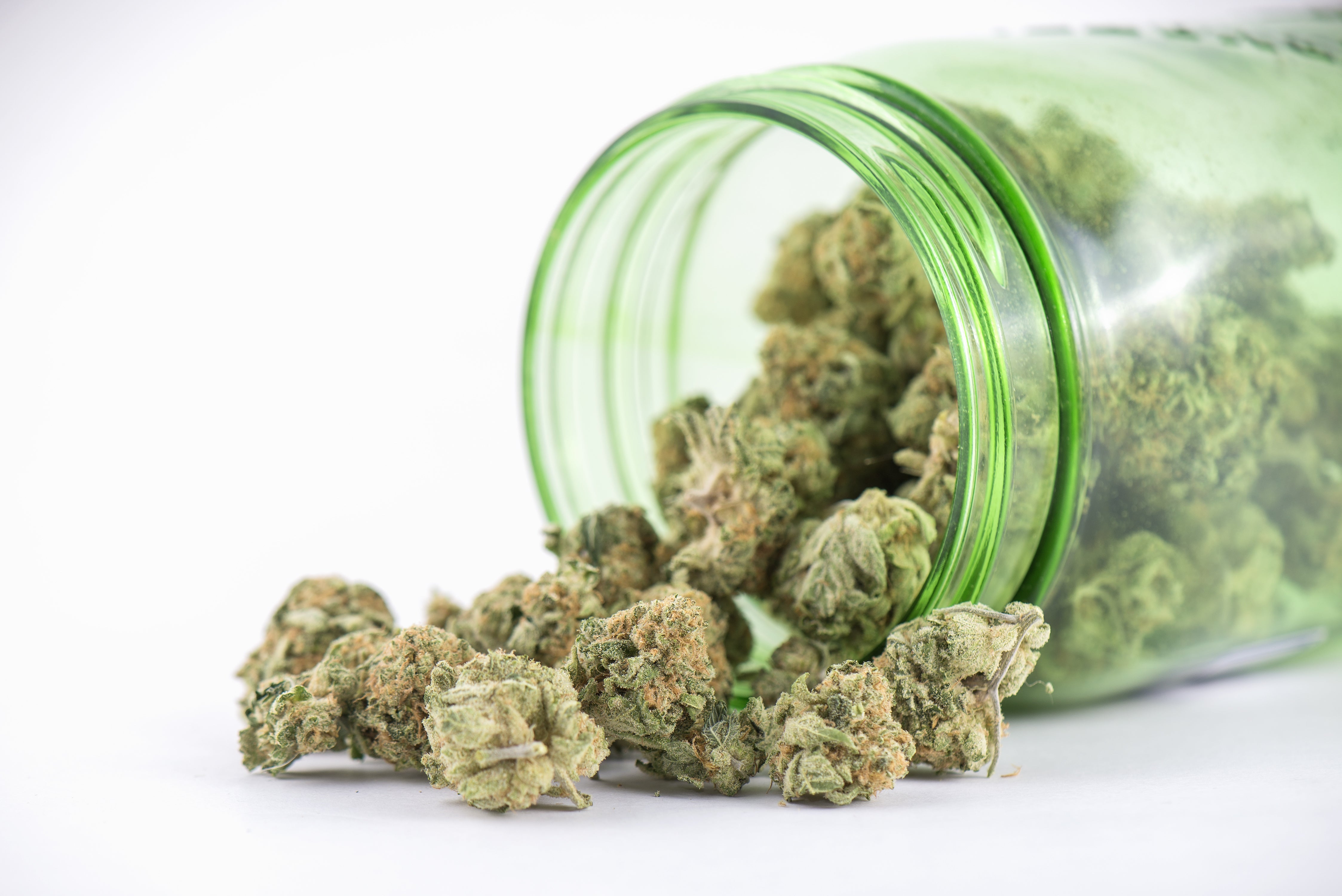
One of the commonalities of the past months in the cannabis trade has been the need to consistently explain the possibilities and limitations of CBD.
Across the media landscape, features and exposés have proliferated as the phenomenon of CBD has reached new audiences of fervent supporters and customers. The most recent of these is from New York Times reporter Dawn MacKeen.
The story tells a complicated but promising story of excesses and real hope for relief within the new cannabidiol, or CBD, market.
CBD is a non-psychoactive relative of THC found in marijuana, and offers many of the relaxation and pain relief benefits of marijuana without getting users high.
The Times is able to trace CBD use back to 750 B.C., when it was used as a holistic remedy in similar ways as it is being turned to today.
Given the amazing true history of CBD and CBD’s amazing progress since hemp was legalized in the U.S. in 2018 with the most recent Farm Bill, one would think the claims of CBD’s uses would speak for themselves.
People all over the country and the world are using CBD for their anxiety, insomnia and chronic pain symptoms, but many of these benefits are reported mostly in testimonials and personalized takes.
The science that has been reported on the benefits of CBD has frequently come in the form of animal testing studies, or in small group surveys and control test with people. Therefore, the claims of some CBD purveyors can be overstated if they aren’t careful, but this by no means discredits the substance’s viability.
Dr. Brad Ingram of the University of Mississippi’s Medical Center spoke with the Times about a new study of CBD’s effects on children and teens with epilepsy.
“It’s the monster that has taken over the room,” Ingram said.
Expert sources told the New York Times the science of CBD use is promising but may be overhyped. The key is to stick with high-quality, pure products and avoid gimmicks, some say.
“CBD is not a scam,” Institute of Mount Sinai’s Addiction Institute Director Yasmin Hurd told the Times. “It has a potential medicinal value, but when we are putting it into mascara and putting it into tampons, for God’s sake, to me, that’s a scam.”
If you would like to find the no-nonsense, no lies CBD products you can rely on, consider Nothing But Hemp.
With locations in multiple states across the U.S. including Nevada, Florida and Minnesota, Nothing But Hemp offers organic and pure products straight from family owned farms, like Siskiyou Sungrown Organics.
Plus, seasoned employees who emphasize education will be more than eager to teach newcomers about the science of CBD and which products and brands work best for a given customer’s needs.
Sources
[1] https://www.nytimes.com/2019/10/16/style/self-care/cbd-oil-benefits.html
[2] https://qz.com/quartzy/1597088/does-cbd-work-a-comprehensive-look-at-its-most-popular-uses/








































